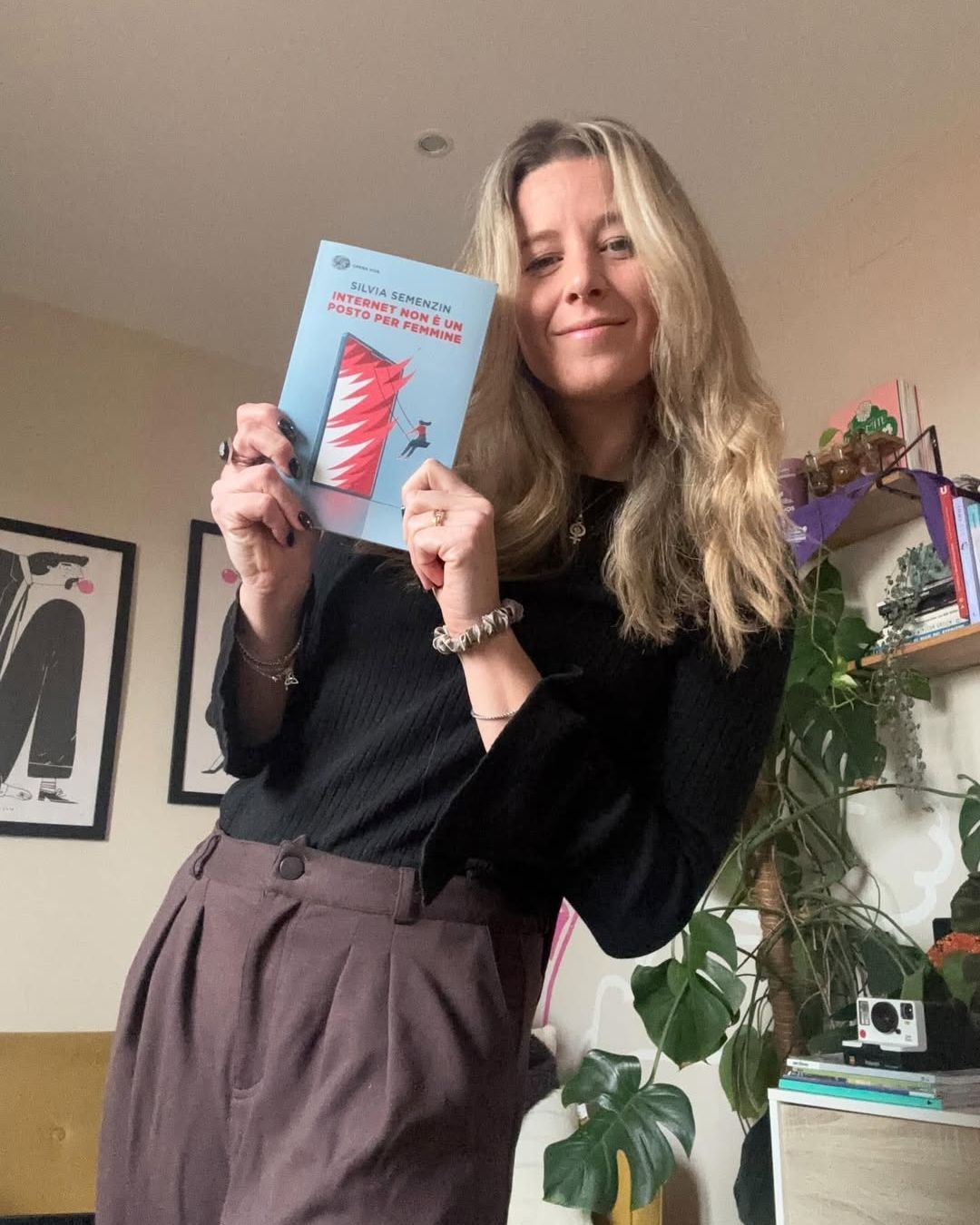
The difference between being and feeling alone after the pandemic We asked Oratio PSI to debunk some myths about loneliness
After the festival of lovers and the tons of content proposed and consumed on the subject, so many opinions have emerged about couples and single status, loneliness as freedom or restriction, which as the word itself defines, is an individual "alone", unaccompanied. With Valentine's Day just a month away, being alone still remains a growing problem, especially after the pandemic. Recent research by the BMJ found that to date ⅓ of the population in industrialized countries experience loneliness, and one in 12 people may experience it in ways that can be detrimental to their health. Social restrictions and distancing have increased the perception of loneliness by exemplifying in the inability to move or reach out to loved ones and make new connections in years past, a sense of staleness. Complicated by the complaints that have invaded social networks on February 14, we asked Oratio PSI to define with us what loneliness is, identify the types and sketch two human ways to deal with it, in order to better understand it and give us some answers, before turning to professionals.
How is it possible to define loneliness?
At a social level, we are invested with multiple relational expectations: to be able to feel good on our own but also to be surrounded by friends, and it is often the failure to meet these expectations that is one of the factors behind the feeling of loneliness. We could also talk about loneliness as a mental condition and not very linked to the context: it is not uncommon to experience being alone in the midst of many people, as well as feeling full of presence even if you are not with anyone. These two conditions are linked to personal predispositions (extroversion/introversion) but also to phases of life, as well as to the quality of the relationships one is living in that moment or period.
What are the macro-trends of human personality?
We can broadly divide the human personality into two tendencies, an extrovert and an introvert. When faced with boredom, the extrovert will make outward movements to fill the void through the presence of others. The introvert, on the other hand, will seek within himself the elements to fill the void. In both cases, expectations invest a relationship: whether with others or with oneself.
What is the difference between being lonely and feeling lonely?
Seeking solitude in order to live an internal moment or fleeing in order not to experience emptiness become two aspects of the same substance, both are needed and both help to create completeness, the ideal would be to be able to integrate and alternate them in a dynamic balance. Returning to the subject of expectations, the occasion of Valentine's Day concretizes the expectation not only to have a relationship but also to be worthy of celebration, ll of positive aspects and fillers, that not only does not make us feel lonely but also loved. Feeling lonely because we are not in a couple but also feeling lonely in a couple become two possibilities, perhaps the point is not to fill the void by fulfilling an expectation but by living and cultivating a feeling, whether it is for another or for ourselves.
How to interpret a feeling of loneliness?
In this way, life can be defined by moments of stasis interspersed with active movement. The experience of stasis is often accompanied by an experience of boredom, the emptiness that this boredom materializes is a generating element of desire and therefore of expectation about the factors that can help manage it.
Therapy is a tool that can help both to understand what these moments of emptiness are made of, and to be a generative push towards new possibilities, whether they are outside or inside us. It can also help in the development of our internal dialogue and to find in ourselves a good interlocutor is a protective factor towards feelings of loneliness that we perceive as unmanageable. To begin a psychological journey you can contact your local health authority, or professionals in the private sector as oratio.

































































